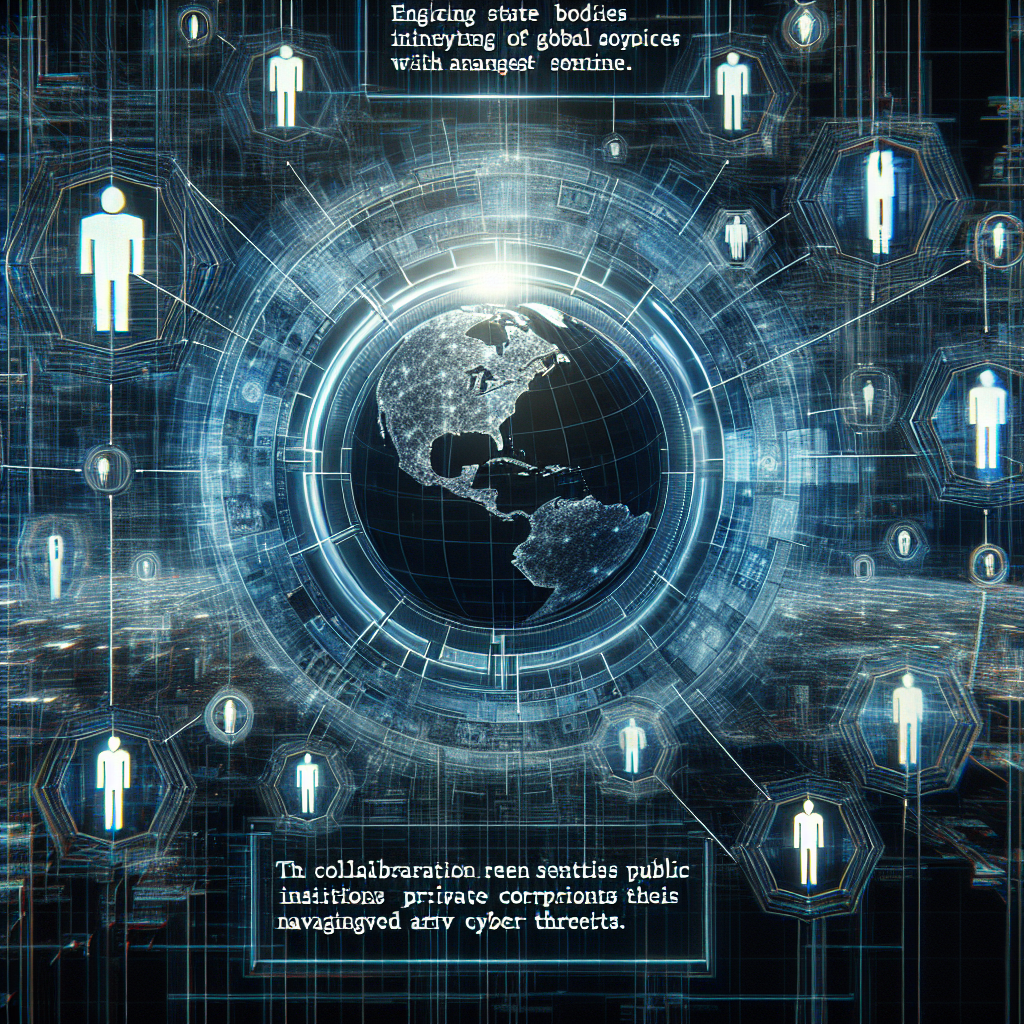Here is a preview of our Cyber Espionage and International Relations Narrative Intelligence brief.

This Cyber Espionage and International Relations narrative is driven by 121 sources in the U.S. Media module, amplifying 603 narrative items.
Today, our Narrative AI highlights 121 sources in U.S. Media amplifying 603 narrative items related to escalating cybersecurity threats and responses. These narratives connect themes of international cyber espionage, the need for robust cybersecurity measures, and the importance of collaboration between public and private sectors to safeguard digital infrastructure and personal data.
The issues surrounding cybersecurity are deeply intertwined with various demographic, social, economic, political, and military factors. The increasing sophistication of cyberattacks, particularly from state actors like China, highlights the vulnerabilities in the U.S. digital infrastructure. With a diverse population that relies heavily on technology, the implications of these attacks can affect millions, raising concerns about personal data security and national security.
Geography: the U.S. is a prime target due to its status as a global leader in technology and finance. The presence of major internet service providers makes it a focal point for cyber espionage, as evidenced by recent infiltrations. The geopolitical tensions between the U.S. and China further complicate these dynamics, with accusations of espionage and cyber warfare becoming more prevalent.
Economics: the rise of smart devices and the Internet of Things (IoT) introduces new vulnerabilities, as seen with products like the Toniebox. These devices collect data, raising concerns about privacy and security standards. The economic implications extend to industries reliant on cybersecurity, with educational institutions like CSN, UNLV, and UNR stepping up to develop a skilled workforce to combat these threats.
Politics: the U.S. government is responding with new regulations and guidance to protect critical infrastructure and personal data. Meanwhile, countries like Zambia are tightening cybersecurity laws, often at the expense of civil liberties, indicating a global trend towards increased regulation in response to perceived threats.
Overall, the intersection of these factors underscores the urgent need for robust cybersecurity measures and international cooperation to safeguard against evolving threats.
Our Kudzu Narrative Intelligence brief auto-updates every few hours with fresh analysis:
Note: Kudzu Narrative Intelligence briefs update every few hours. Very likely, the Narrative Analysis above will have changed as well.